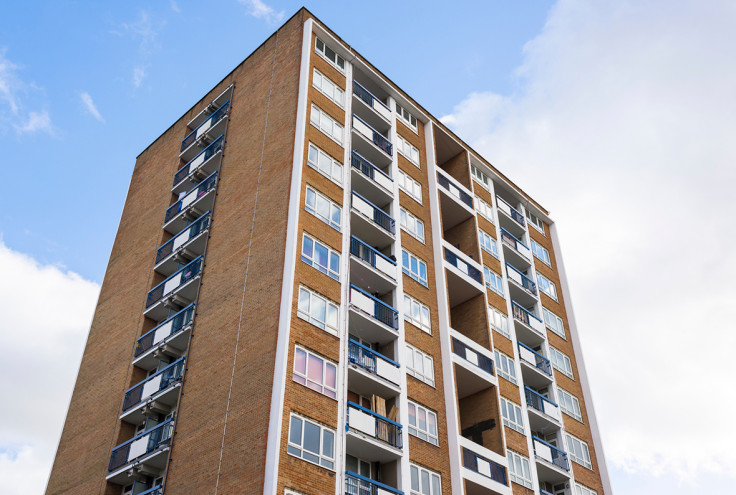Lower benefit cap comes into force as DWP claims it 'restores fairness' to the welfare system
Campaigners warn more households at risk of homelessness and poverty because of lower benefit cap.

A new, lower cap on the total amount of benefits a household can receive has come into force in a move the government says "restores fairness", but campaigners warn it will push more people into poverty, including hundreds of thousands of children.
The annual cap was £26,000, but the government has slashed it further to save money from the welfare budget and try to encourage more people into work. It is now £23,000 in London and £20,000 outside, to acknowledge the substantial difference in the capital's cost of living. The cap includes payments such as housing benefit and job seeker's allowance.
But those in receipt of working tax credits, the carer's allowance, and certain types of disability benefit are exempt from the cap. "We are committed to helping people who are able to work into jobs and the benefit cap provides a clear incentive to move into employment for those who can," said a spokesman for the Department for Work and Pensions (DWP).
"The benefit cap restores fairness to the system and the new limit will ensure the amount people on out-work-benefits can claim better reflects the circumstances of many working families in the country. Even with the new cap, households can still receive benefits up to the equivalent salary of £25,000, or £29,000 in London."
Gingerbread, a charity for single parents, said its analysis shows lone parents looking after a baby or a toddler account for more than a third (35%) of all the households affected by the benefit cap. In numerical terms, 43,700 single parents with a child aged under-5 will be hit by the new cap.
"The new benefit cap is likely to drive more single parents into poverty," said Gingerbread policy officer Laura Dewar. "Many will have to choose between the roof over their children's heads and other essentials such as food and heating.
"Parents tell us they are doing all they can to find work, but all too often jobs and available childcare just don't match up – single parents with toddlers can't simply work a night shift or at weekends."
The Chartered Institute of Housing released a report suggesting 116,000 families will be affected –including around 319,000 children – and face a deficit between their income and outgoings which will leave many unable to pay the cost of keeping a roof over their heads.
The Institute's analysis shows some affected families will lose more than £100 a week from their income as a result of the cuts, which it says they will struggle to recoup by reducing household spending or finding sufficient employment to plug the financial gap.
Moreover, the Institute said the worst effects of the current cap are largely contained within areas that have a high cost of housing, such as London and the south-east, or those with particularly large families. But the new cap will broaden this to include even those areas with relatively cheap housing, it warned, and those with smaller families.
"We are seriously concerned that this could have a severe impact on these families, make housing in large sections of the country unaffordable and risk worsening what is already a growing homelessness problem," said Terrie Alafat CBE, chief executive of the Chartered Institute of Housing.
The DWP estimates there will be 88,000 households affected by the benefit cap in 2016-17, 64,000 of them as a result of the reduction in November – though this is around 32,000 fewer than originally thought and a lower number than the Institute's estimates.
The average reduction in benefits will be £60 a week, saving the government £65m in the first year. Those struggling with housing costs can apply for Discretionary Housing Payments from their local council, though there is no guarantee extra support will be approved.
© Copyright IBTimes 2025. All rights reserved.






















